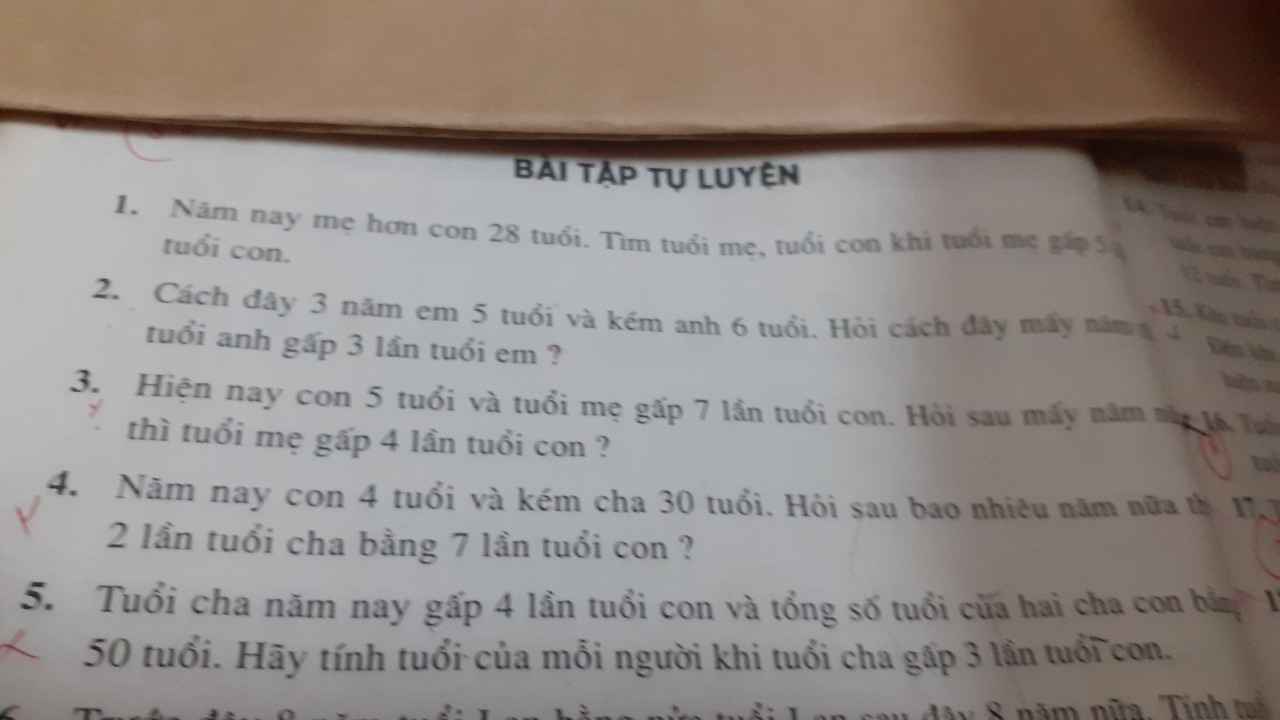bow,poision,parting là gì vầy các người ???
Hãy nhập câu hỏi của bạn vào đây, nếu là tài khoản VIP, bạn sẽ được ưu tiên trả lời.


Vietnamese generally shake hands when getting and parting. Using both hands shows respect as does a (1)……. bow of the head. In rural areas, elderly people who do not extend their hand are greeted with a bow. Women are more (2) ……. to bow the head than to shake hands. Vietnamese names begin with the family name and are (3) ……… by a given name. People address (4) ………. by their given names, but add a title that indicates their received (5) …….. to the other person. These titles are family related rather than professional. Among colleagues, for example, the (6) ……… of the two might combine the given name with the title of “Anh” ( Older Brother ). A/n (7) ………. greeting combined with the given name and title “Xin chao” (Hello). Classifiers for gender and familiarity are also combined with the greeting. In formal meetings, business cards are sometimes (8) ………. on greeting.
Vietnamese people have a strong (9) ……… of hospitality and feel embarrassed if they cannot show their guests full respect by preparing for their arrival. Therefore, it is (10) ..... to visit someone without having been invited. Gifts are not required, but are appreciated. Flowers, incense, or tea may be proper gifts for the hosts. Hosts also appreciate a small gift for their children or elderly parents.
1. A. light B. slight C. lightly D. lighted
2. A. certainly B. possibly C. mainly D. likely
3. A. continued B. chased C. followed D. forwarded
4. A. each one B. one other C. the other one D. one another
5. A. relation B. relationship C. relations D. relatives
6. A. younger B. most young C. youngest D. young
7. A. easy B. basic C. fundamental D. elementary
8. A. changed B. transferred C. converted D. exchanged
9. A. sense B. sensation C. sensitivity D. sensibility
10. A. inactive B. inaccurate C. inappropriate D. inexact

13. A. light B. slight C. lightly D. lighted
14. A. possible B. possibly C. bound D. likely
15. A. continued B. chased C. followed D. forwarded
16. A. each one B. one other C. the other one D. one another
17. A. relation B. relationship C. relations D. relatives
18. A. younger B. most young C. youngest D. young
19. A. easy B. basic C. fundamental D. elementary
20. A. changed B. transferred C. converted D. exchanged
13. A. light B. slight C. lightly D. lighted
14. A. possible B. possibly C. bound D. likely
15. A. continued B. chased C. followed D. forwarded
16. A. each one B. one other C. the other one D. one another
17. A. relation B. relationship C. relations D. relatives
18. A. younger B. most young C. youngest D. young
19. A. easy B. basic C. fundamental D. elementary
20. A. changed B. transferred C. converted D. exchanged

Là nơi của cha mẹ với con cái hoặc của người xưa nhắn với mọi người rằng anh em trong 1 nhà, chung cha mẹ phải yêu thương nhau, gắn bó với nhau như tay với chân.

Bạn học lớp mấy vậy???Mình thi xong rồi, có khi mình còn nhớ hộ cho bạn vài cái đề!
Thôi hok sao đâu bạn cố gắng thi để gặt hái được nhiều thành công và cụ thể là những điểm 9,điểm 10>....>..
HAPPY NEW YEAR
hãy vui vẻ,cố gắng ôn thi nha!!!!

Tuổi con chiếm 1 phần thì tuổi mẹ chiếm 5 phần
Khi tuổi mẹ gấp 8 lần tuổi con thì:
Tuổi con là :
28 : (5 - 1) = 7(tuổi)
Tuổi mẹ là:
7 x 5 = 35(tuổi)

TK
Nội dung chính : tình yêu thương của anh em trong một gia đình là vô cùng quan trọng, trên thuận dưới hòa cả nhà sẽ hạnh phúc.

cúi đầu, suy nghĩ, chia tay
cúi đầu, suy nghĩ, chia tay